Agapanthus - the "Lily of the Nile" is not really a Lily.
The Agapanthus, or "Lily of the Nile" is Native to Southern Africa. It is popular for it's heads of White or Blue flowers which are carried on long stalks. In Sydney, it is always in flower at Christmas time, which adds to the festive season feeling, and brings a cool feeling to the Summer heat. Once established, these plants are hardy, and will tolerate dry soil for periods, but as always, the more TLC you give them, the more they will give you. There are two types of Agapanthus available, the dwarf form, which grows to around 30 to 40 centimetres high ( a bit over a foot), and the tall growing ones, which grow to about a metre tall ( about 3 feet ). In the photos, the blue ones are the tall ones and the white ones are the dwarfs. Here . they are used on the sides of a driveway. Plant Agapanthus in the full sun for best flowering, but they also do OK in semi-shaded spots. They are easy-care , and have few pests or diseases.
Agapanthus, or Lily of the Nile, is a perennial flower that has gorgeous blue or white florets arranged in large globes that make this a wonderful addition to the garden. It is very popular California flower and in other places where it is fully hardy. Newer types have been bred for additional hardiness. The roots are large and fleshy, and the leaves are straplike, arising directly from the roots. Flower heads appear, one to a stalk, in clumps of two-foot stalks.
Beautiful flowers really and the more beautiful thing is that it is available in two colors.
Have a look at some more comments, there are more than 2 colours !
Agapanthus, often referred to as "Lily of the Nile" is a versatile, easy to grow plant for warm winter areas. Hardy agapanthus grow 8"-11" in sunny or partially sunny areas, are drought tolerant and require low maintenance. The fast growing varieties are Snow storm and Blue storm agapanthus. The storm series of agapanthus are compact and very easy to care.
Blue storm agapanthus grow up to 20 inches wide and 30 inches high and tolerate a range of soils from sandy to clay.
Storm agapanthus are ideal as border plants. Shown here are Snow Storm.
Agapanthus make great easy care container plants all their own.
The thick moisture retentive foliage of agapanthus makes the plant effective as fire retardant borders and are often used in firescaping.
Brilliant whiter snow storm blossoms help all the other garden colors to pop!
Even when they are not in bloom, the lush tufts of dense strappy leaves adds flair to any landscape.
Brilliant blue blossoms on Blue Storm agapanthus.
These versatile landscape and container plants are also great as cut flowers, either on their own or mixed in arrangements.
Even after the blossoms have passed, blue Storm stems are great in flower arrangements.
Thanks @ctrl-alt-nwo for this wonderful and great opportunity on steemit.
Very good comment hunny ! You add some interesting facts on this plant and make interesting reading for others too. Well done.
Thank you so much for encouraging us @ctrl-alt-nwo.
I really appreciate your blog and great work on steemit.
Agapanthus are a classic in Sydney and in gardens all around Australia. They’re tough as nails when it comes to the Australian climate, yet have lush, green foliage and manage to be soft and pretty too with their balls of flowers borne high on stems above the leaves.
To a gardener, they’re the perfect low maintenance plant, forming a strappy border with their evergreen foliage but rewarding you too with those dramatic stems and soft balls of blooms, bobbing gently on a summer breeze. To an imaginative child, they may represent anything from a fairy wand to a sword – but Agapanthus will take some rough treatment from tiny hands too, another reason they’re perfect for family gardens.
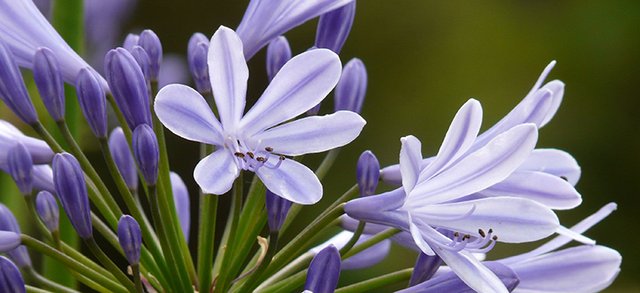
The Dutch brought a plant from South Africa that I loved so much that I'd like to introduce: Agapanthus. Latin for the flower of love means...
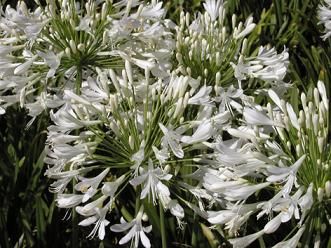
Agapanthus, blue and purple small flowers on the end of a long stalk in the case of the bouquet, a fascinating village with a group of complementary Yesil crowded leaf like a sword plant.Any water-permeable soils, sun, semi-shade or even at the bottom of the tree with complex roots can live even happier.
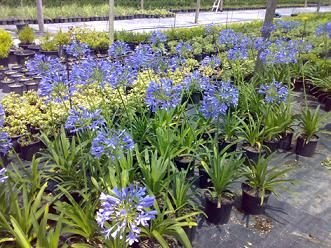
There is a feature of agapanthus. The plant roots should be moist type, and in the winter the soil must remain dry. Too cramped to open plenty for chichewa should be planted. Freed of roots does not result in chichewa. Gather together in your garden if you have plants that are in such a state. Agapanthus can be grown in pots. But keep the pot small. It's no biggie, or that you can't see the flowers dear. The plants live a very long time that you are about to sew. In the winter, can withstand snow briefly. It's easier to be replicated. Make allocations from the roots in the winter or in the spring. But this is the first summer for the new seedlings don't expect from chichewa. Blue - purple flowers have passed after the seeds begin to develop. You can sew the seeds at the end of summer. The development is too slow. I told you not to root production, but there's something important. Cut the leaf of the seedlings halfway allotted to improve irrigation to continue (not the plants).The Dowager in white, the leaves and the flower is like a miniature, variegated leaves and, in winter, emerging again in the Spring Hill, disappearing from the types of are manufactured. Agapanthus of natural, leafy in summer and winter green remains.
Very nice comment and nice pics too . thanks.
Hey, I joined Steemit today. I have seen the story by chance. I've studied your blog a little bit and you like flowers like me. It's nice to see people like myself here.
I have been to the agapanthus field for agapanthus these days. I have not been able to see the flower for years, but I was doing research on what they were. And finally when I finally saw the flower, I understood it in front of a famous shopping center. Of course, the reason why I am so surprised is that we are in our province. I could not get around because it was crowded. I think I'll go quietly one night.
welcome to Steemit @whitchking
I agreed with your nice reply to @ctrl-alt-nwo
Its wonderful work in flower stuff.
That's great, which Country are you from mate?
Hey sir @ctrl-alt-nwo
I respect your thinking that they are very good about flowers and plants. It's a very good plant and its perfume is also very good.
Lily Of The Nile is awesome flower , Agapanthus Beautiful Flower Pictures Blog,
Lily Of The Nile 25 Seeds Flowers blue African Lily Agapanthus Lily Of The Nile,
Agapanthus order and cultivars see long, strap-like, plump leaves that fact compose simple clumps of hedge or fleeting greenness (opt for fir establishs for all-year action).
I always take care and also like, my luck that I work with your team at this platform.
Upvote and l ways support to your nice blog.
All the best
Good evening @ctrl-alt-nwo and congrats for making posting and commenting a fun. I really like your paradigm to see differently at things.
I appreciate your lovely blog and 'The Lilly of the Nile' flowers are so cute and proud to get so much attention:)
After going through your post and reading all the comments I am obliged to say that all my worthy fellow commenters have left no stone upturned to make your blog more beautiful and informative. I appreciate all my fellows for their outstanding efforts.
Agapanthus is a flower of love, so we are loving and swarming like honeybees as they love it so much:)
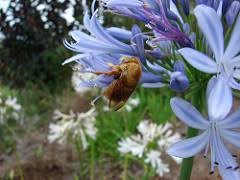.jpg)
We like whether its blue 'tall growing' or white 'dwarf' variety.
Some are digging really deep:D
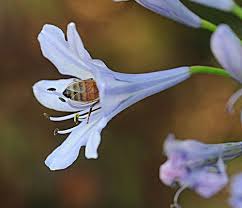.jpg)
Some of us are like butterflies loving the Lilly of the Nile.:)
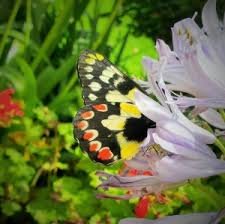.jpg)
Some spreading wings like Humming bird..:)
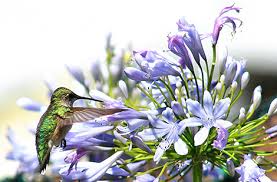.jpg)
written in good faith not intended to hurt anybody.
The Agapanthus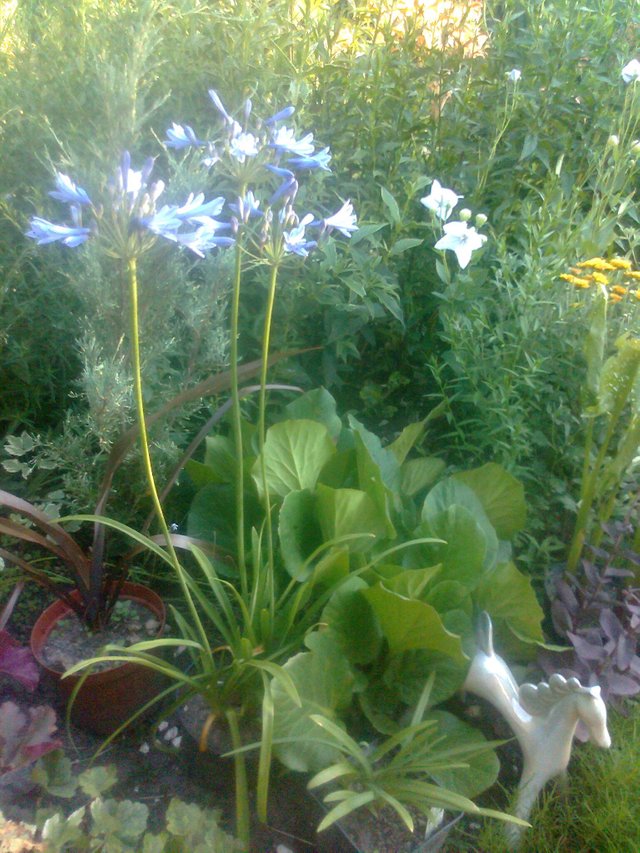 or "Lily of the Nile". This beautiful plant does not grow in the open ground in our conditions of sharply continental climate. That's why I grow them in pots. In the warm season, I take pots with plants in the garden. Agapanthus, or Lily of the Nile, is a perennial flower that has gorgeous blue or white florets arranged in large globes that make this a wonderful addition to the garden. They decorate and shade other plants during flowering with their heavenly blue.
or "Lily of the Nile". This beautiful plant does not grow in the open ground in our conditions of sharply continental climate. That's why I grow them in pots. In the warm season, I take pots with plants in the garden. Agapanthus, or Lily of the Nile, is a perennial flower that has gorgeous blue or white florets arranged in large globes that make this a wonderful addition to the garden. They decorate and shade other plants during flowering with their heavenly blue.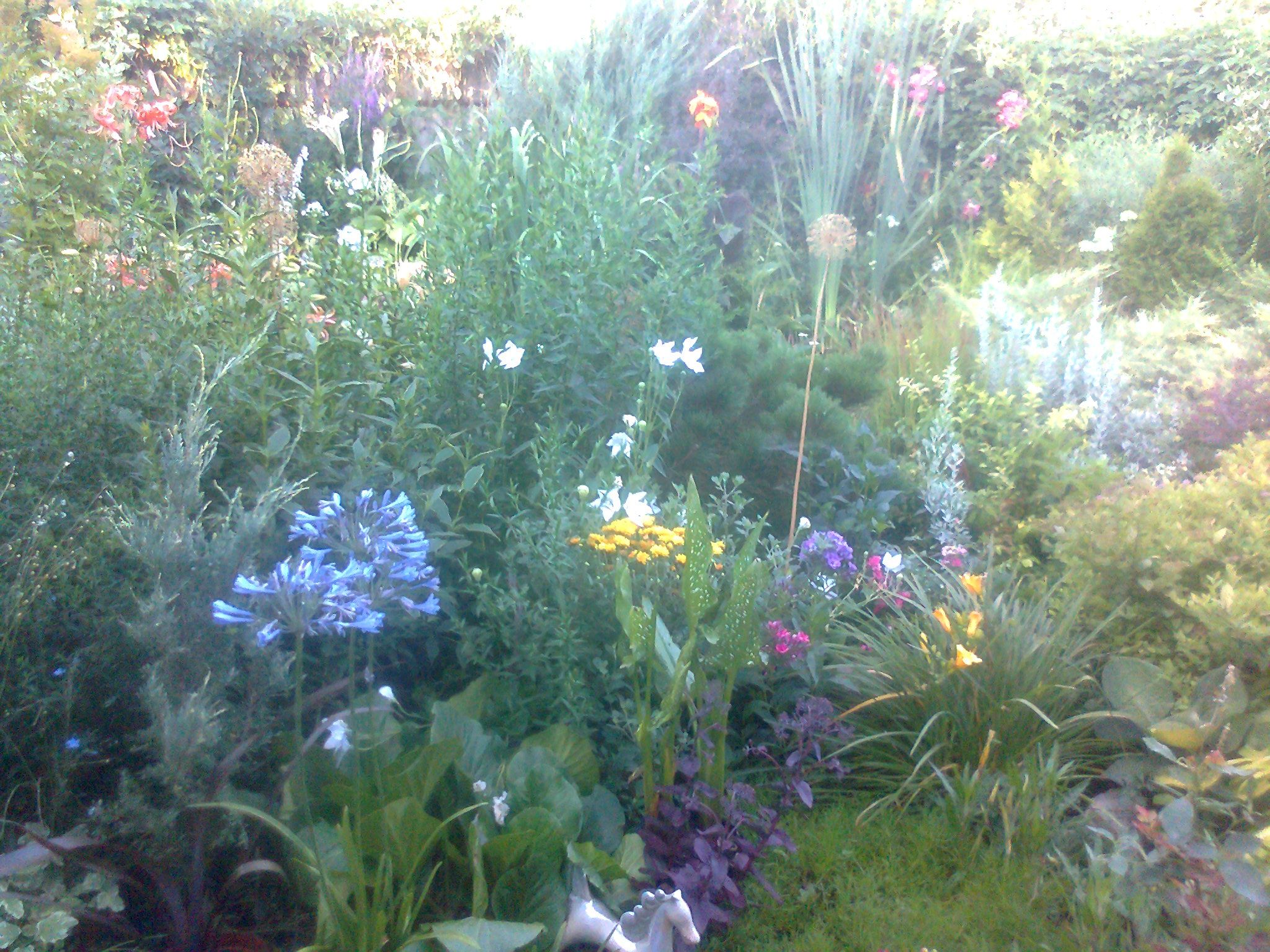 Magnificent article and comments. Thank you all for the wonderful photos of this wonderful plant)) I really love agapants.
Magnificent article and comments. Thank you all for the wonderful photos of this wonderful plant)) I really love agapants.
Love the Hummingbird.
Flowers have become your trade mark do posting beautiful stuff. Since you are an animal lover so also looking forward to your blog on cattle or any other beautiful creature as well:) Thank You:)
I have seen thing flower somewhere but I dont exactly remember where and its a beautiful flower to grow in home too.
Thank you...steem on and stay blissful...